Nutrition advice

The Atkins Diet: Fat loss or Fiction?
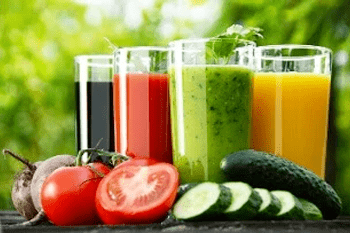
Can a detox diet plan help you lose weight?

Can the Paleo diet help you lose weight?
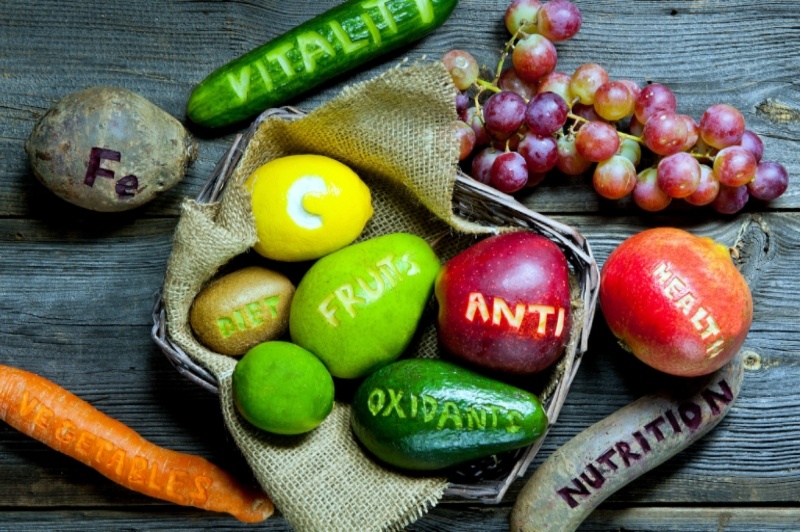
Raw Food Diet - Can it help you lose weight?

Does how often you eat and when you eat affect weight loss?

Mythbusting the 4 Biggest Sports Nutrition Fallacies

Do Multivitamins Work?

Can a smoothie diet help you lose weight?

Can you digest a megaburger in a single sitting?

Where does the fat ‘go’ when you lose weight?

Can Metabolism Be Blamed For Weight Gain?

Gluten-free diets: Why ditching the grain could be a pain

Pregnancy diet: What to eat, what not to eat
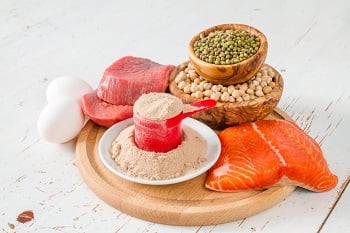
Do protein supplements work?

Can your diet help prolong your life?

New Alcohol Guidelines Explained

5 ways to trick your kids into eating healthily
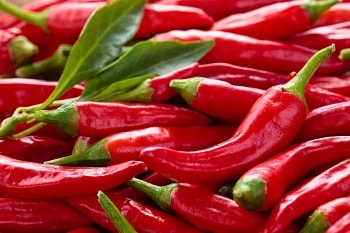
What Does Spicy Food Do To Your Body?

How Much Water Should You Drink?

Tempting turkey fajitas you can make at home

Will counting calories help with weight loss?

Why fad diets are bullsh*t (and what you should eat instead)

10 food swaps to drastically improve your diet

10 Fruit & Veg To Try This Winter

7 healthy food swaps you'll actually enjoy
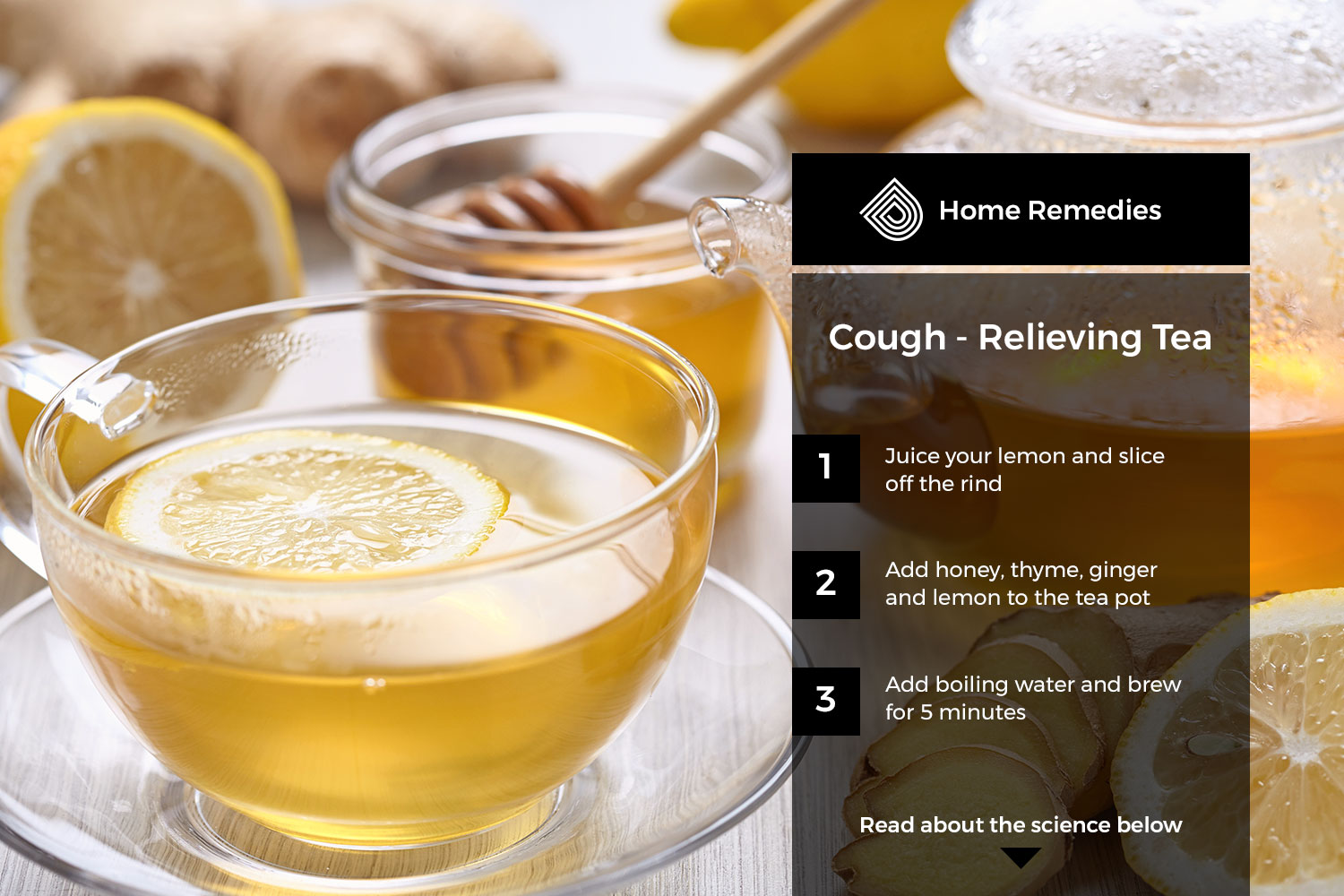
Homemade fruit juice to fight muscle cramps - Home Remedies

How to Make Healthy Chocolate Orange Bites

Is a gluten-free diet healthy?

5 healthy pancake recipes you can make at home

Should you be training in a fasted state?

6 healthy snack recipes to curb your cravings

Is Guinness good for you?

What are the health benefits of Vitamin D?

Delicious detox recipes: Tastes Good, Does Good

4 healthy chocolate recipes to try at Easter
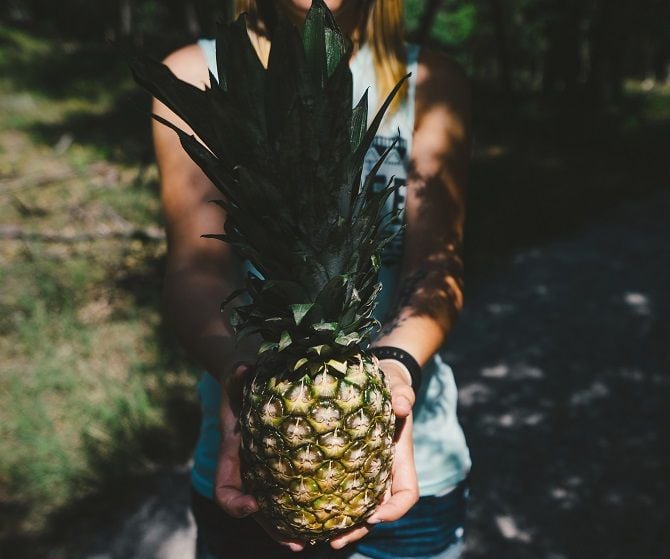
How To Increase Your Metabolism: Quick And Easy Recipes

Metabolism-Boosting Mixed Veg Tabbouleh Recipe

Feeling Light Pineapple Smoothie

Red Wine Health Benefits: What You Need To Know

Healthy Strawberry Cheesecake: Serve Up a Wimbledon Winner
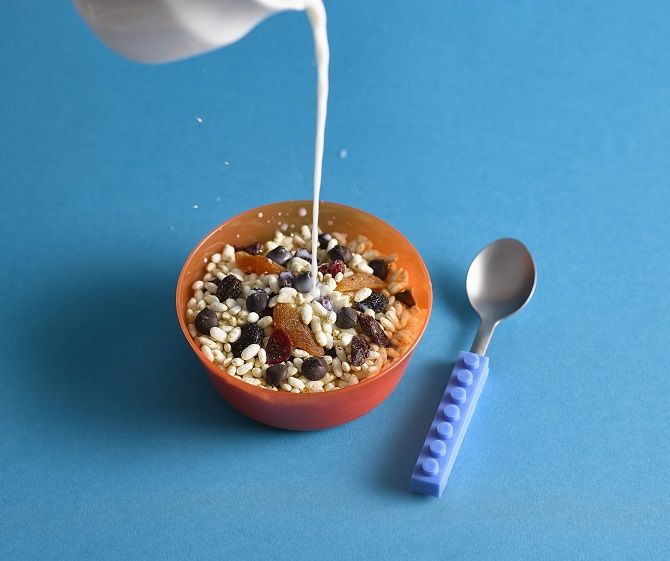
Healthy Meals For Kids: Fruit Crunch Breakfast Bowl

11 benefits of drinking water
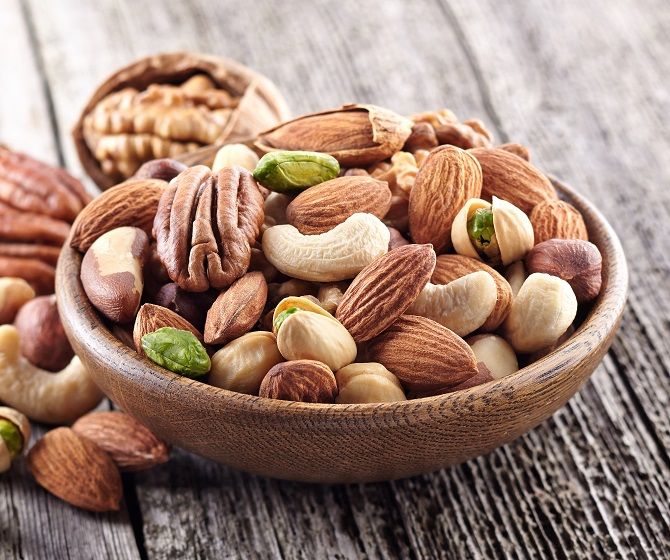
9 Foods That'll Cut Your Cholesterol
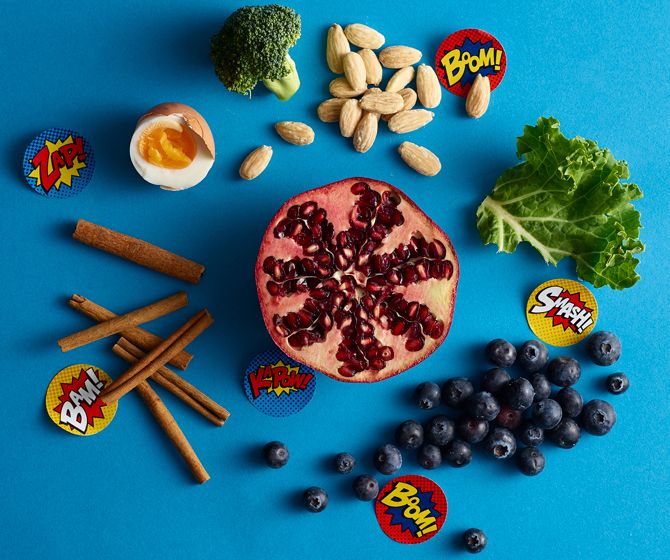
What Are Superfoods? Finally, The Truth.

Healthy Student Recipes: Hearty Sausage Casserole
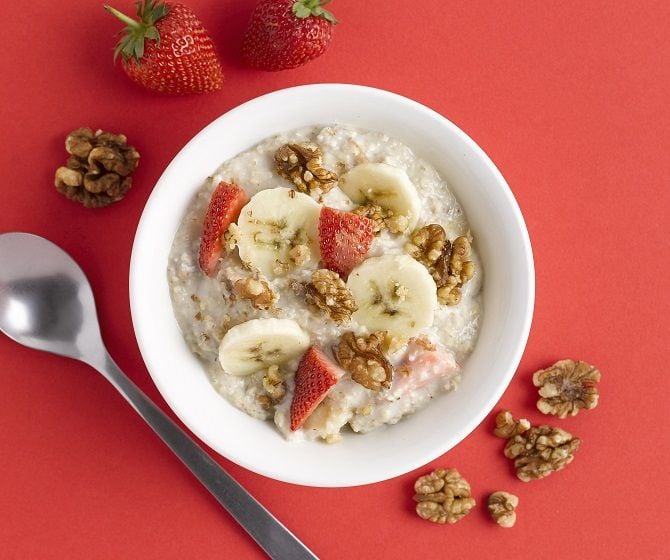
Cholesterol-Busting Recipes: Fruit & Nut Cinnamon Porridge
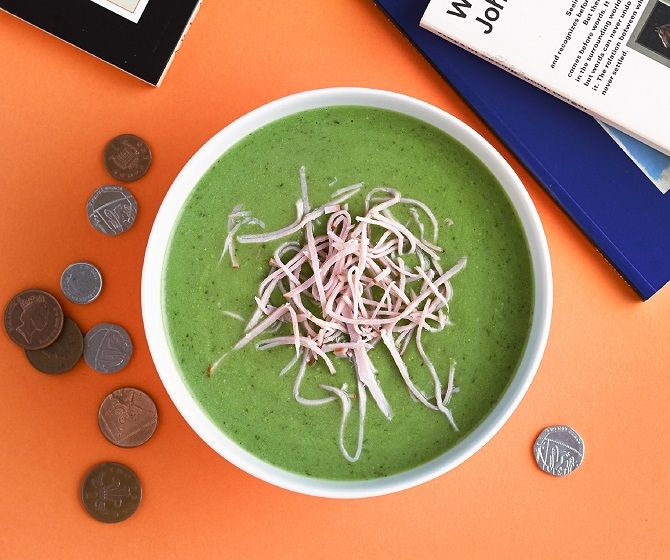
Healthy Student Recipes: Perfect Pea & Ham Soup
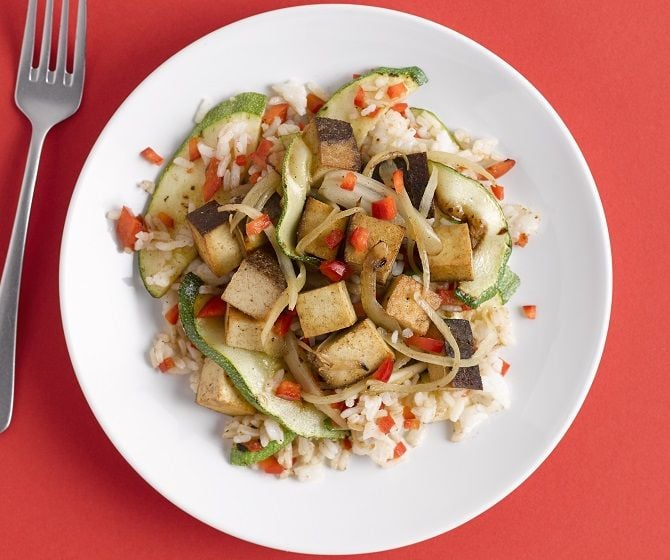
Cholesterol-Busting Recipes: Devilled Tofu With Shallots & Rice
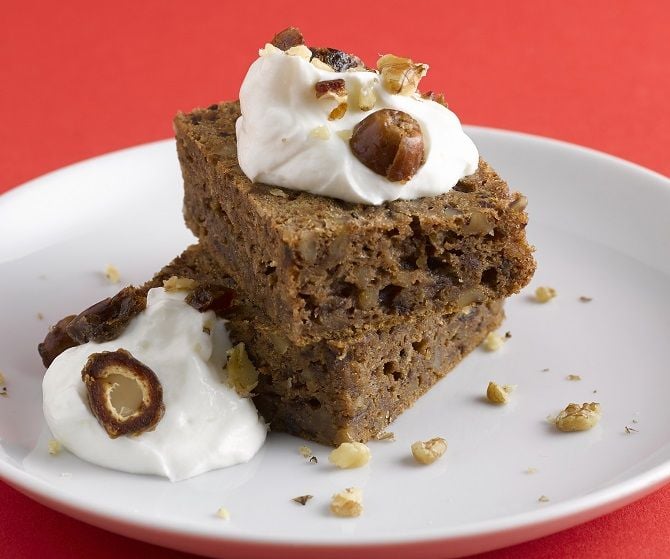
Cholesterol-Busting Recipes: Healthy Sticky Toffee Pudding
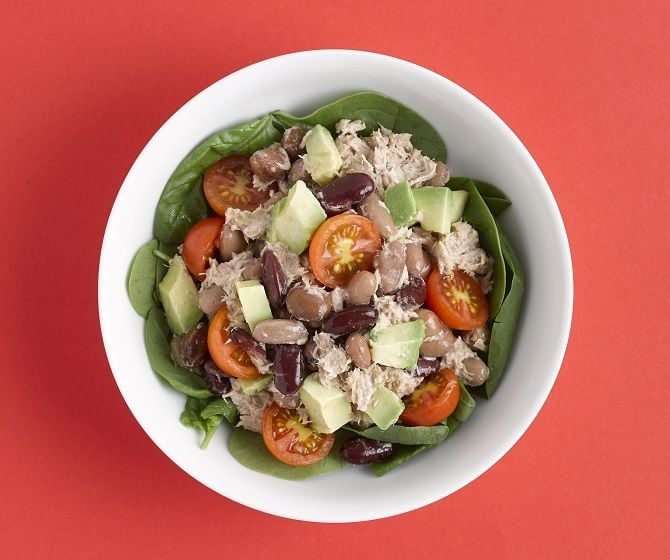
Cholesterol-Busting Recipes: Tuna & Mixed Bean Salad

6 healthy 6-minute student recipes

Is coffee actually good for you? The nation's favourites ranked.

The hidden health benefits of festive food
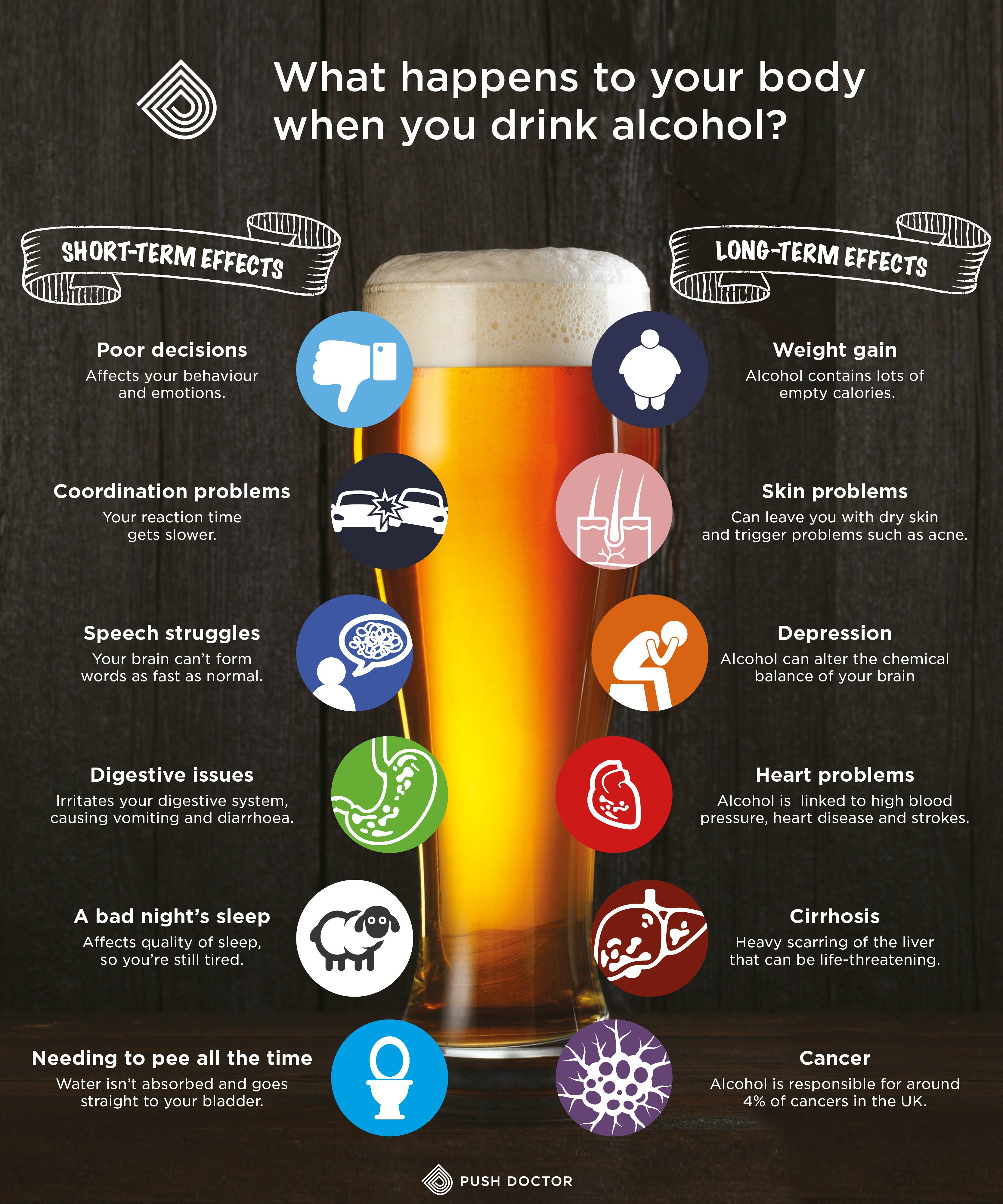
What happens to your body when you drink alcohol?
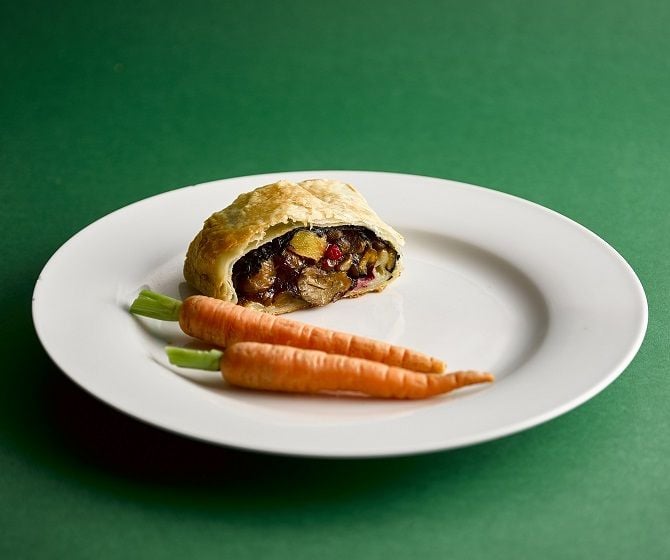
We've found the perfect vegan Christmas dinner

5 natural alternatives to antacids

Why are Brussels sprouts good for you? A nutritionist's definitive guide.
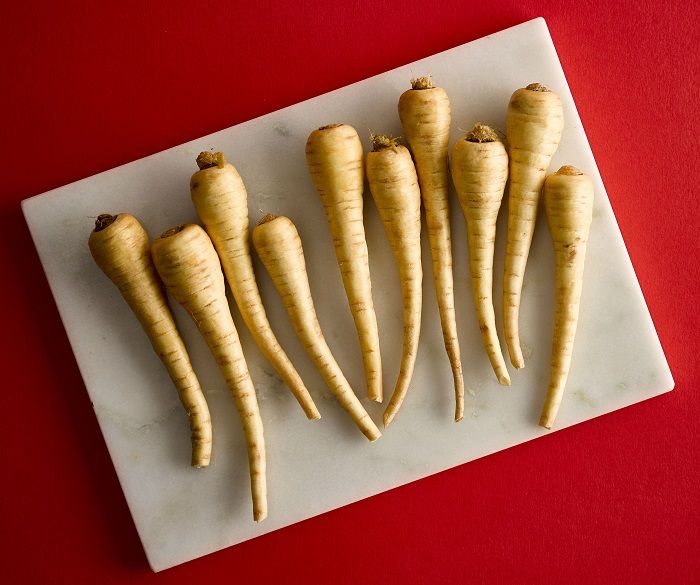
Why are parsnips good for you?
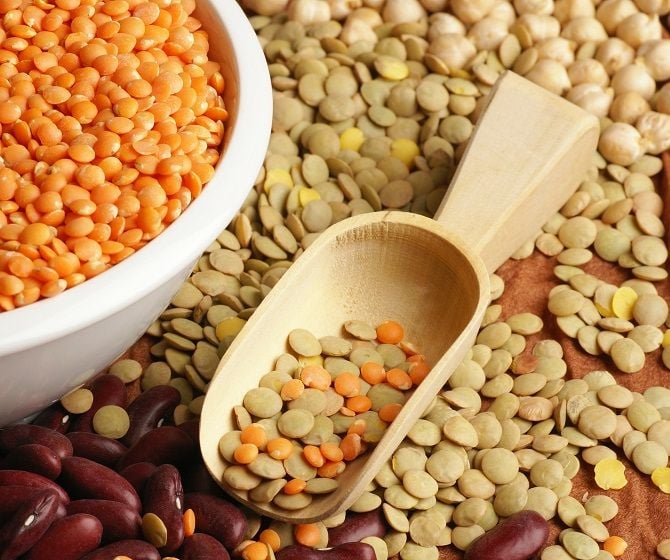
Vegan food swaps to try at home
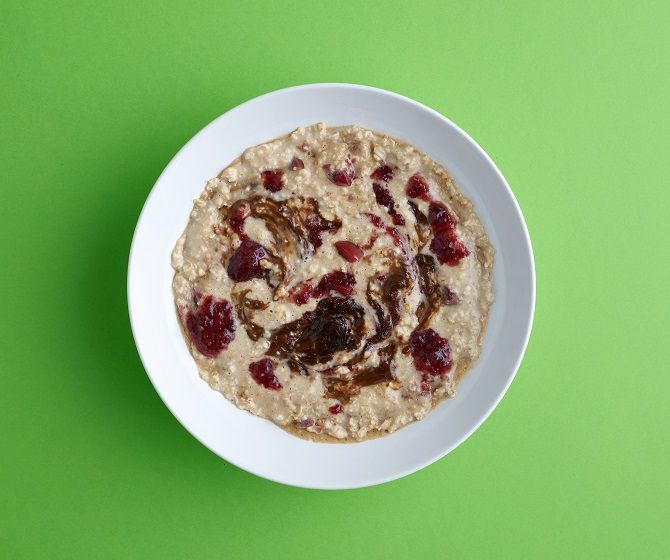
Banana and peanut bowl - Vegan Recipes
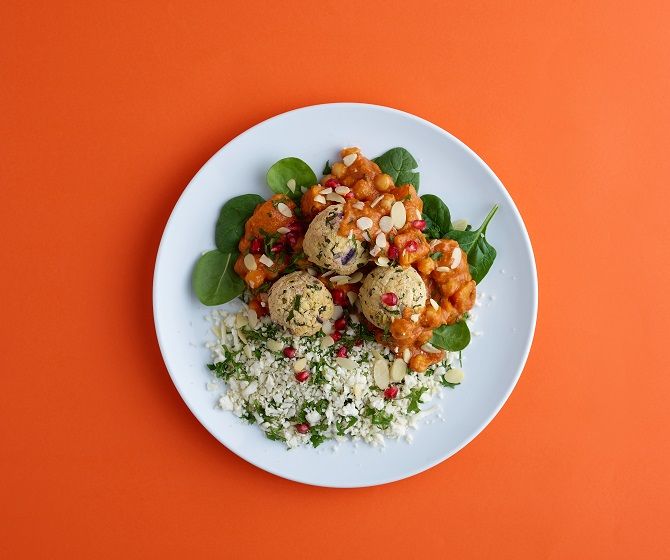
Tofu Tagine - Vegan Recipes
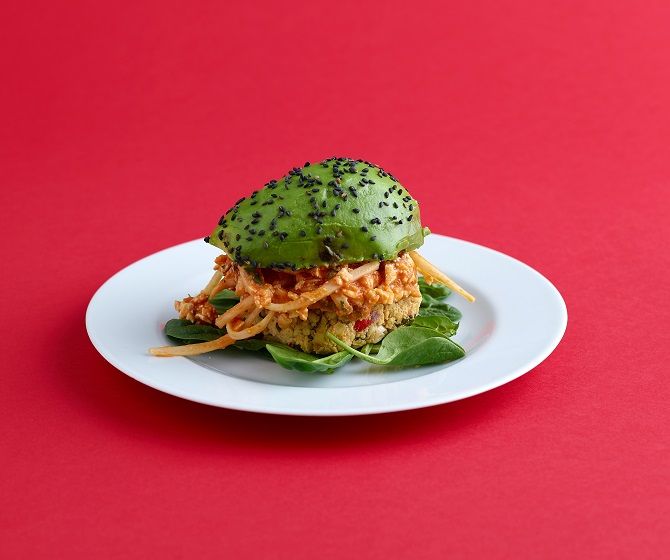
Tasty tofu and papaya burger - Vegan Recipes
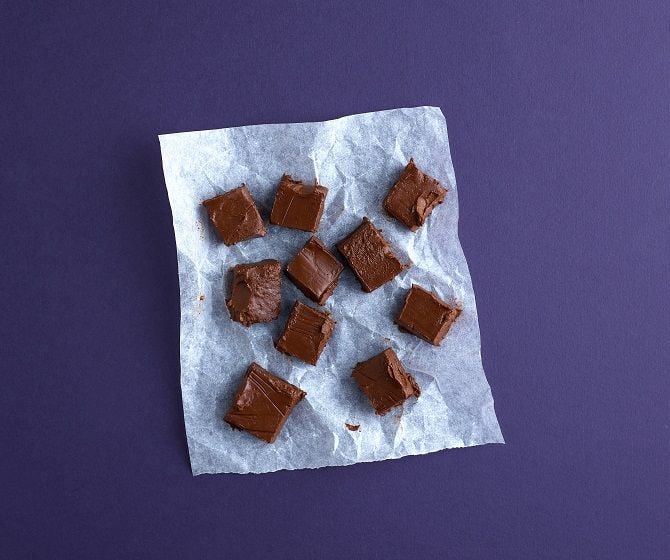
Avocado Fudge - Vegan Recipes
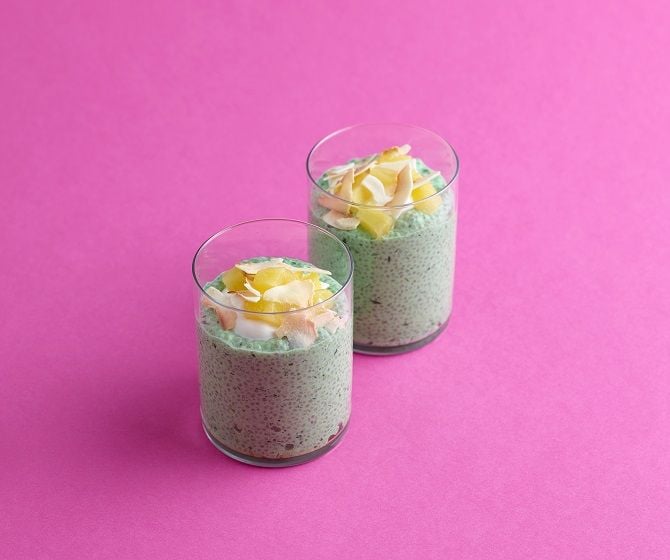
Pina colada chia pudding - Vegan Recipes
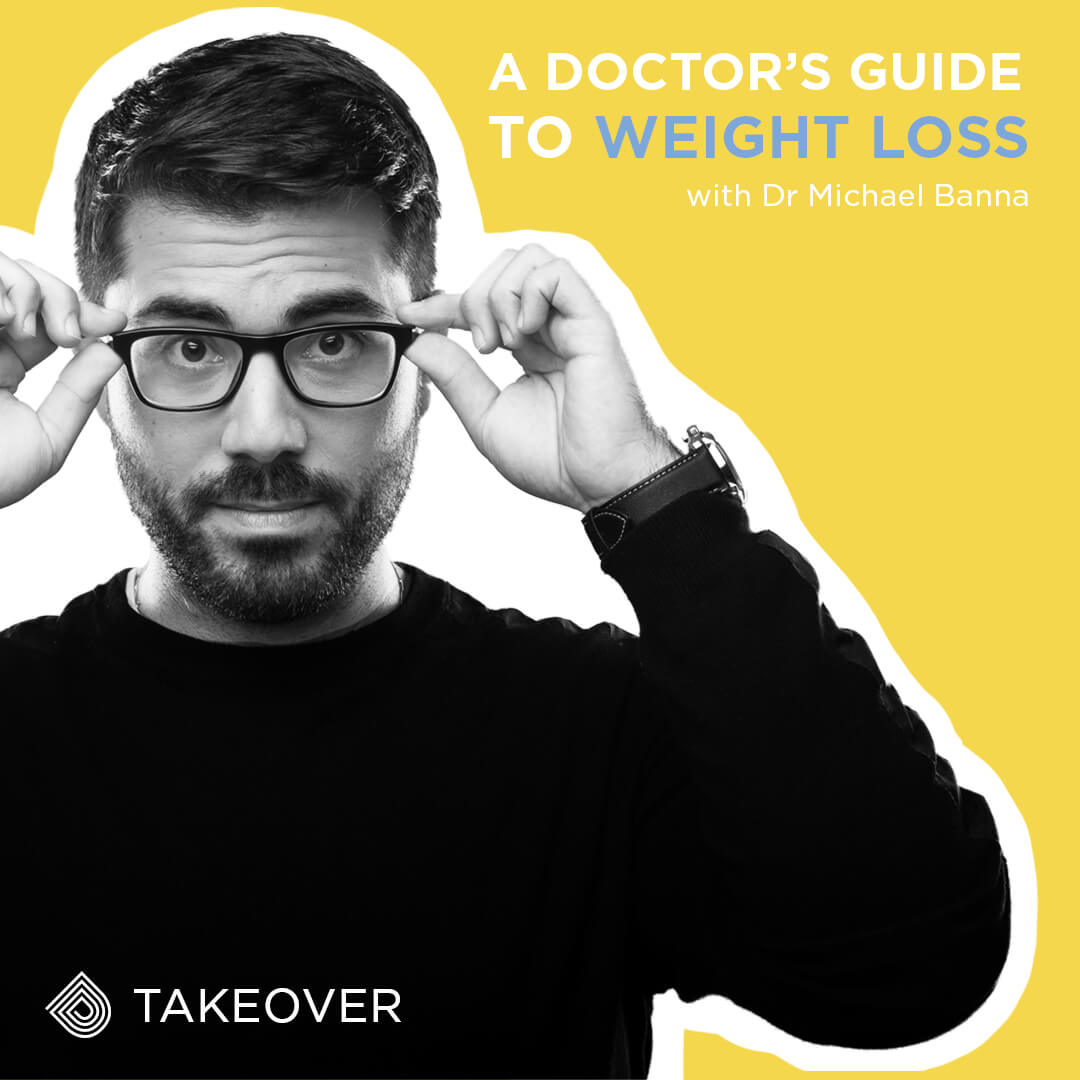
A doctor's guide to weight loss, with Doctor Michael Banna
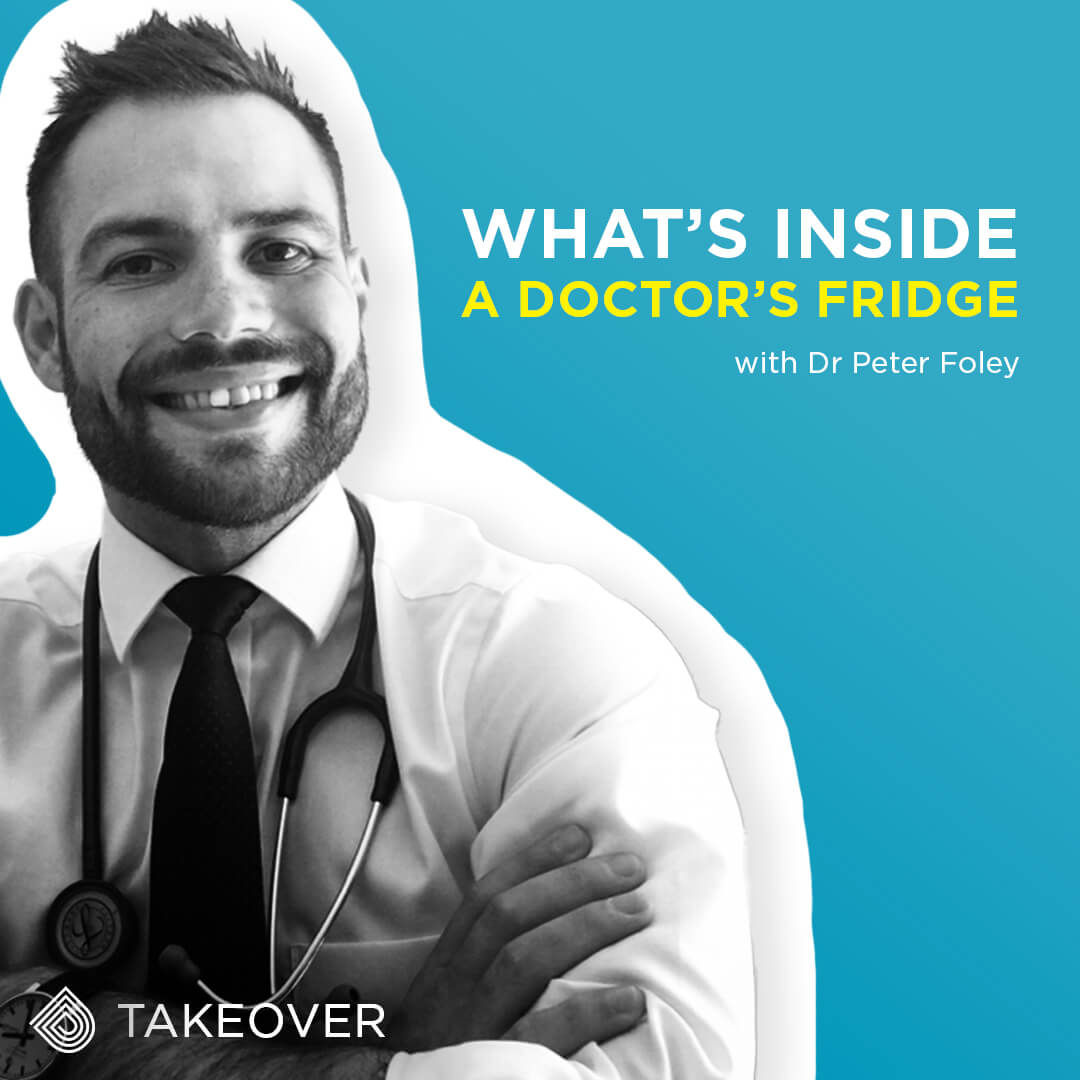
What do doctors eat, with Dr Peter Foley
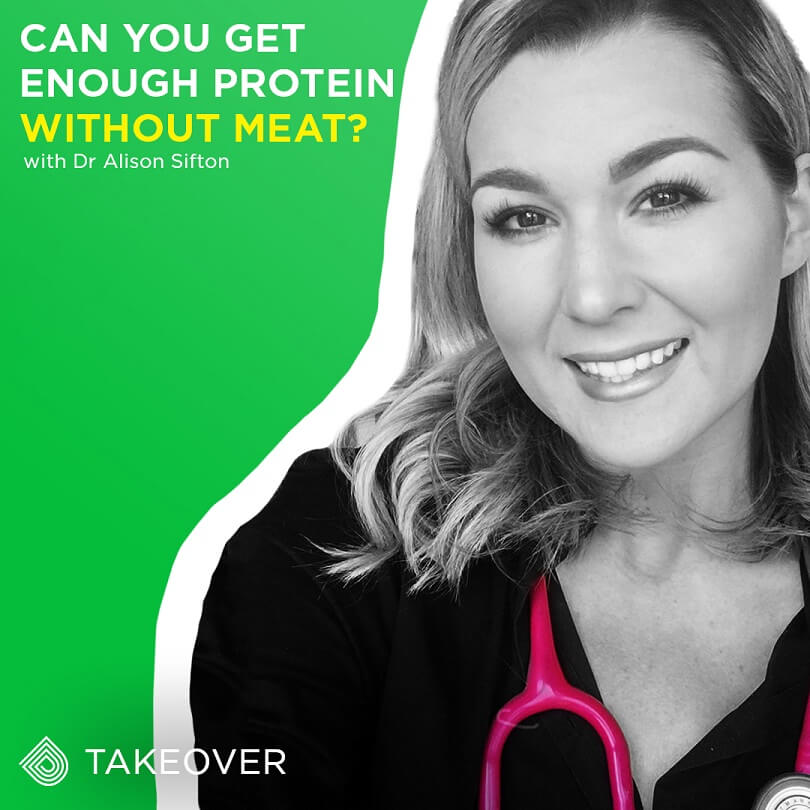
Do you need Meat for Protein with Dr Alison Sifton
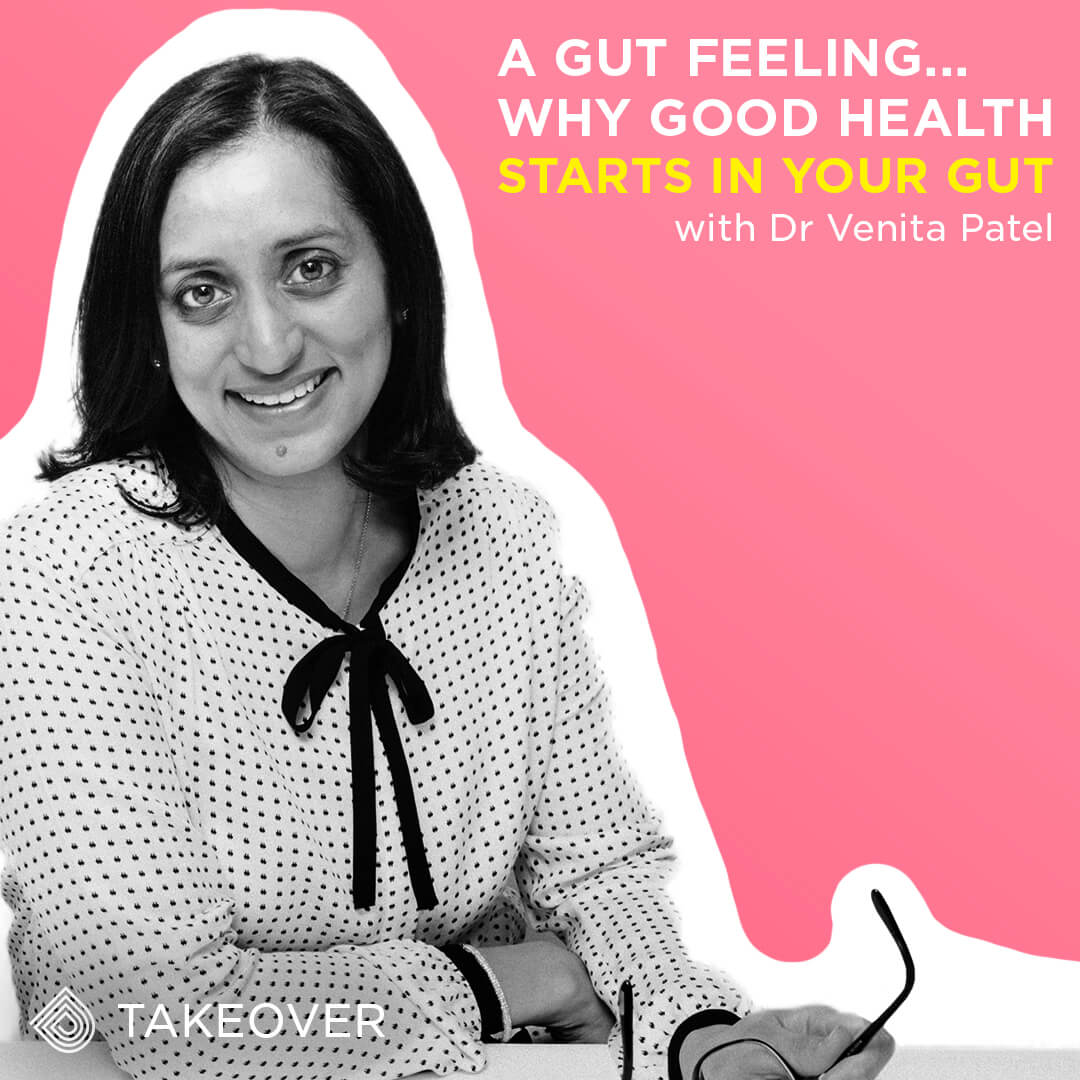
How to get your Gut healthy with Dr Venita Patel
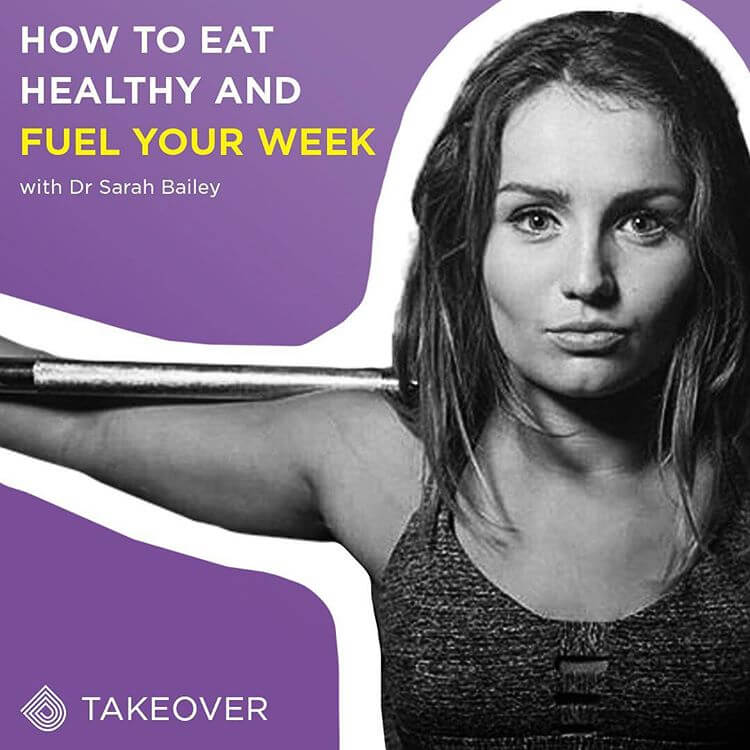
How to Eat Healthy with Dr Sarah Bailey

Why are vitamins and minerals so important for your health?
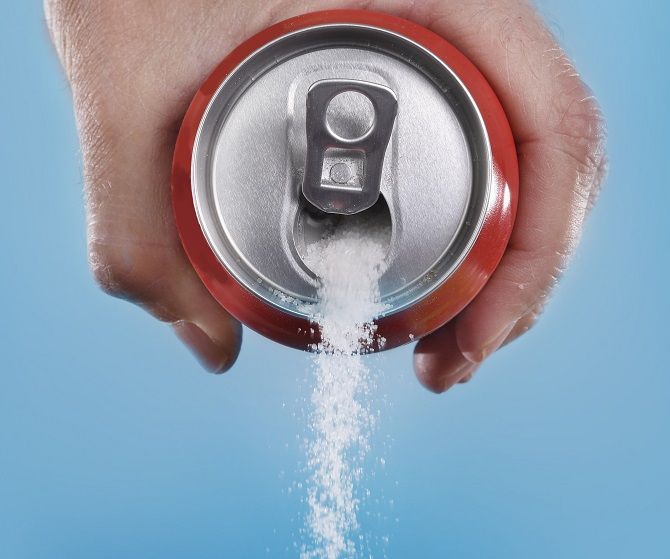
Are artificial sweeteners better for your health than sugar?
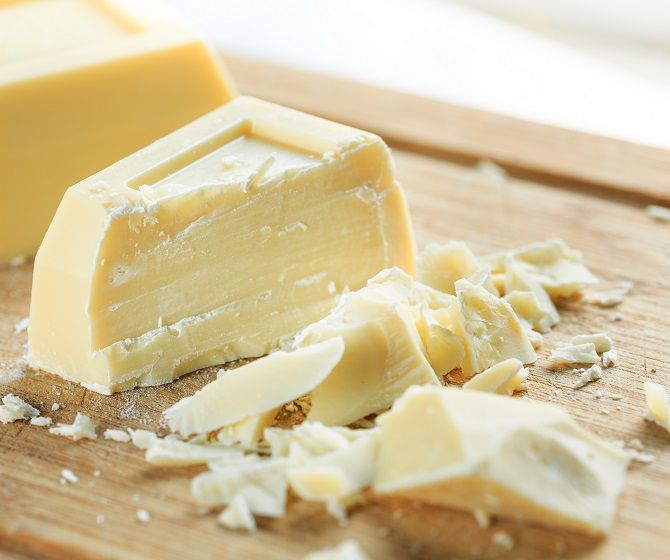
Is white chocolate good for you?
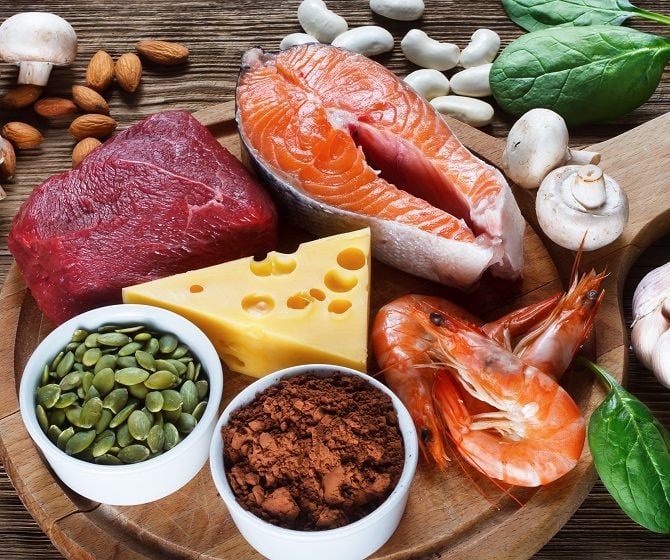
Zinc in sync: Why you need this mineral in your diet
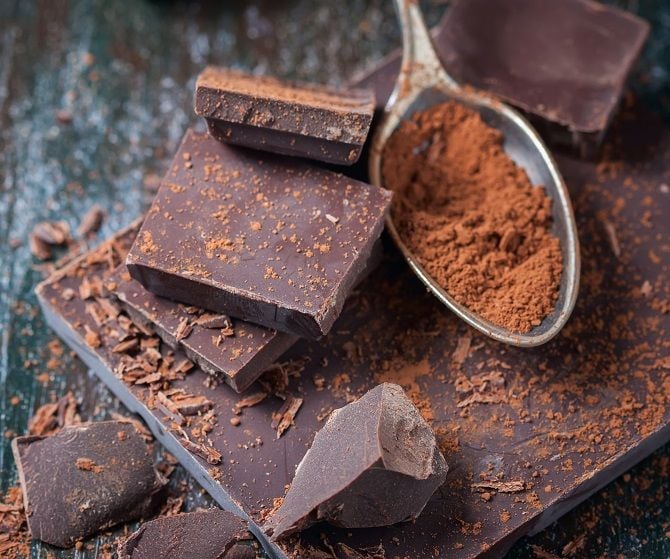
Is dark chocolate good for you?
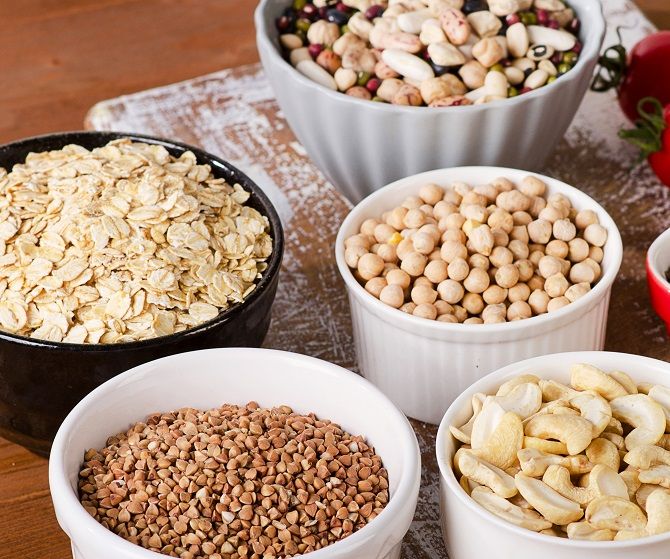
Why you need copper in your diet and how to get it: A doctor's guide
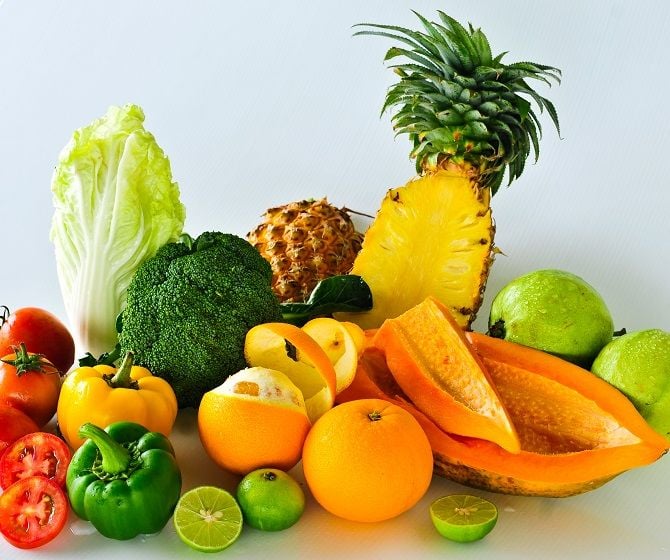
Everything you didn’t know about Vitamin C
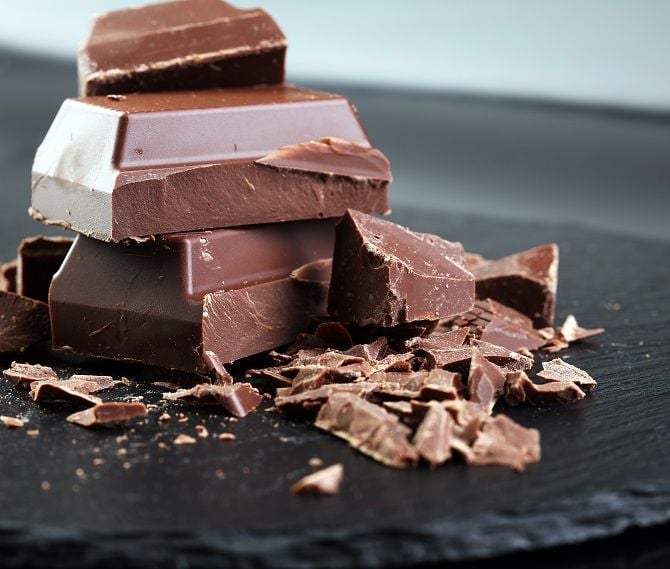
Is milk chocolate good for you?
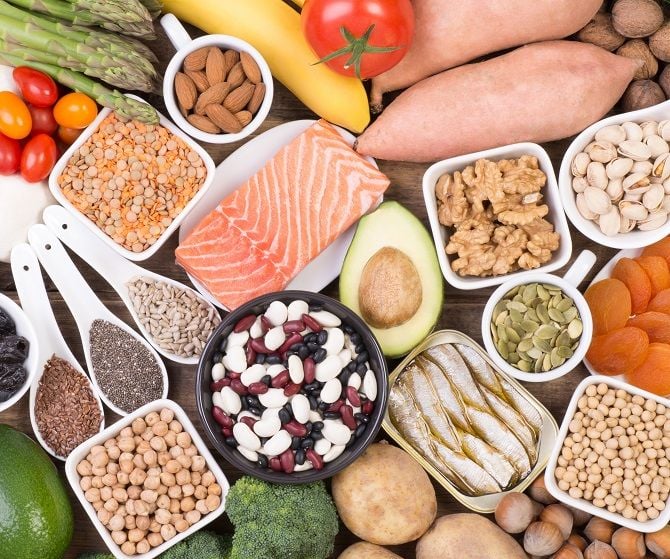
Why potassium needs a place in your diet
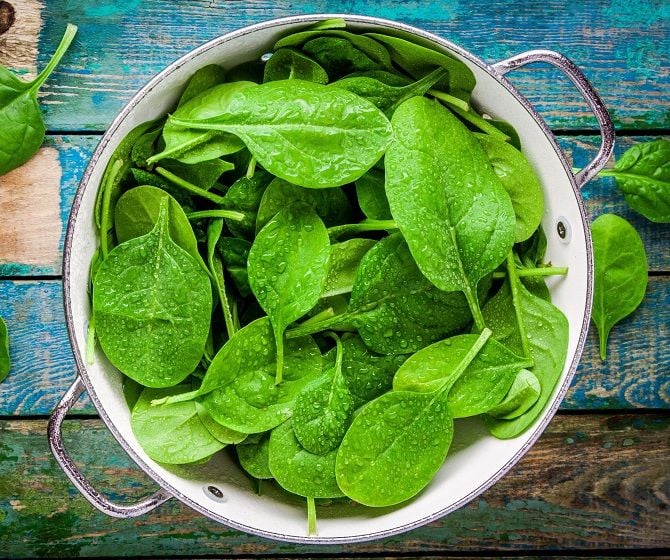
Iron in focus: How much do you need and why is it important?
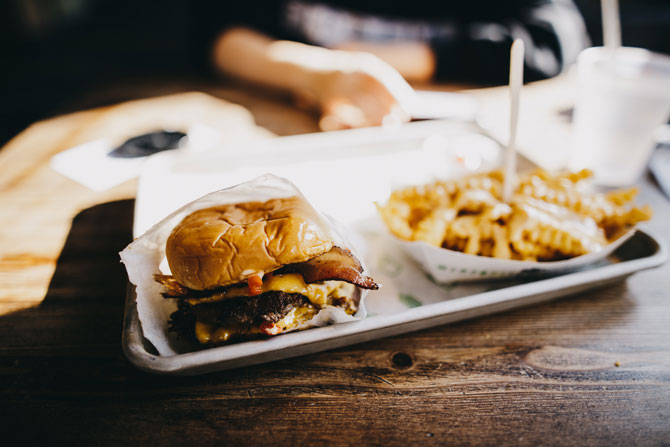
Does cutting out calories help you live longer?
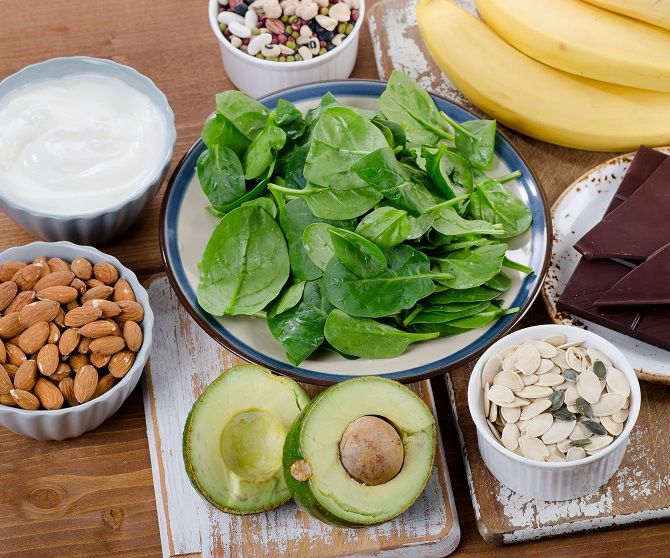
Health benefits of magnesium: How to get this multi-tasking mineral into your diet

Has your child got an iron deficiency?

Are you being 'tricked' into buying unhealthy food?
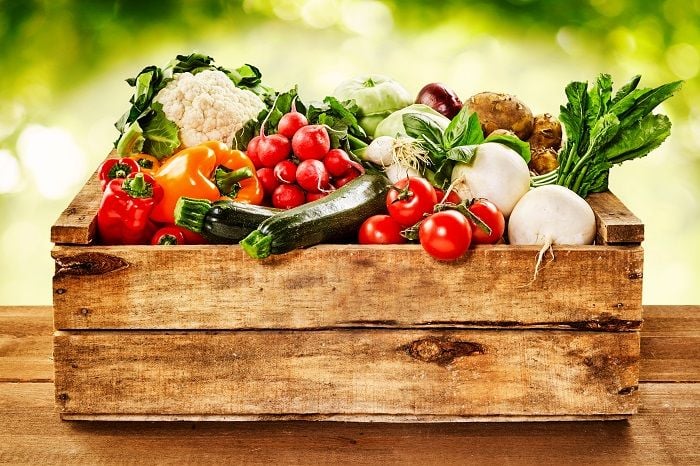
Nutrition is key in preventative health
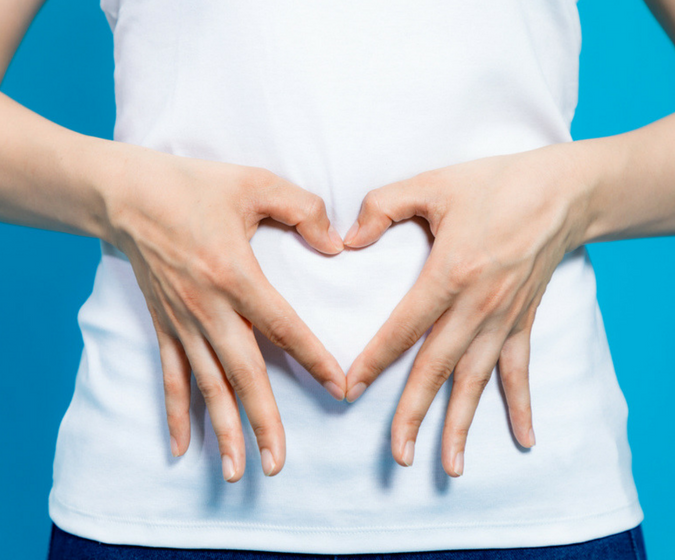
The benefits of gut bacteria: Exploring our second brain
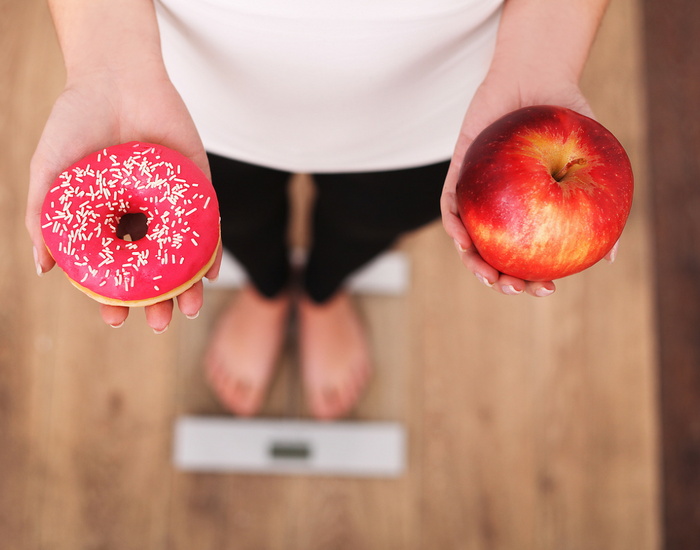
Diets that work - The good, the bad and the science

Is honey good for you?
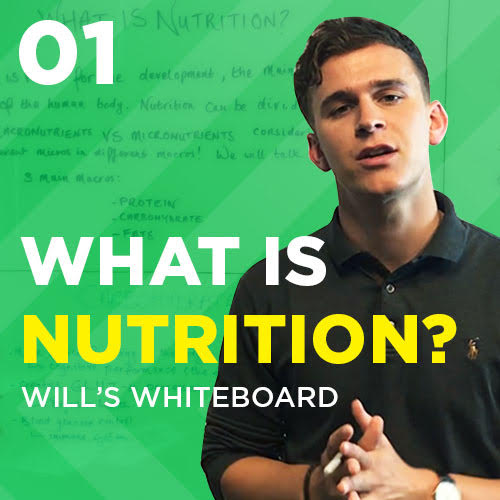
What is Nutrition? Will's Whiteboard
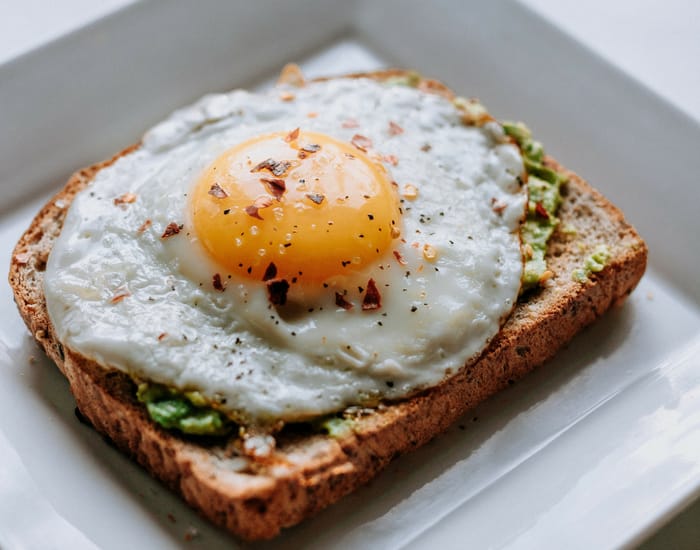
Are eggs good for you?
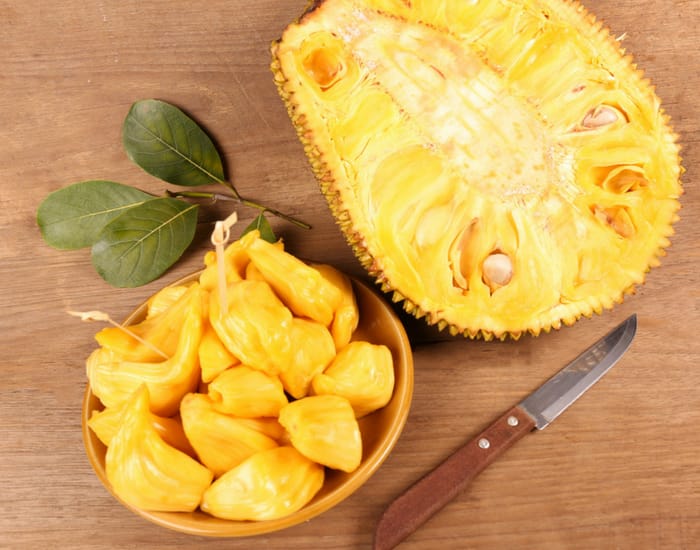
What is jackfruit?

12 health benefits of beetroot
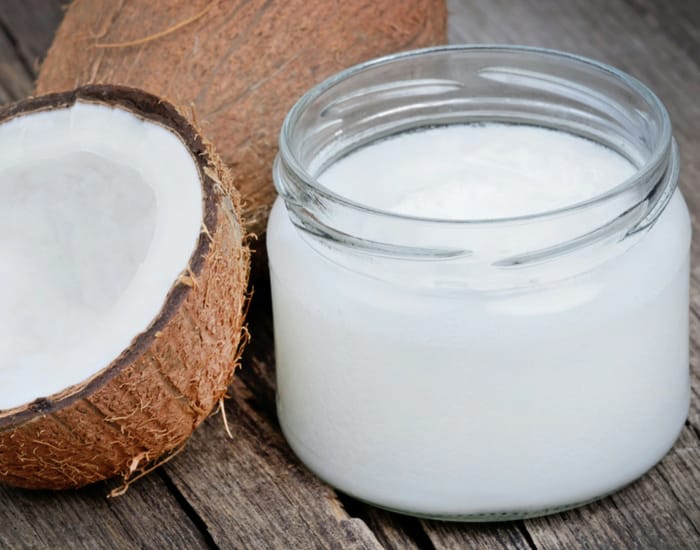
Is coconut oil good for you?

Is whey protein good for you?
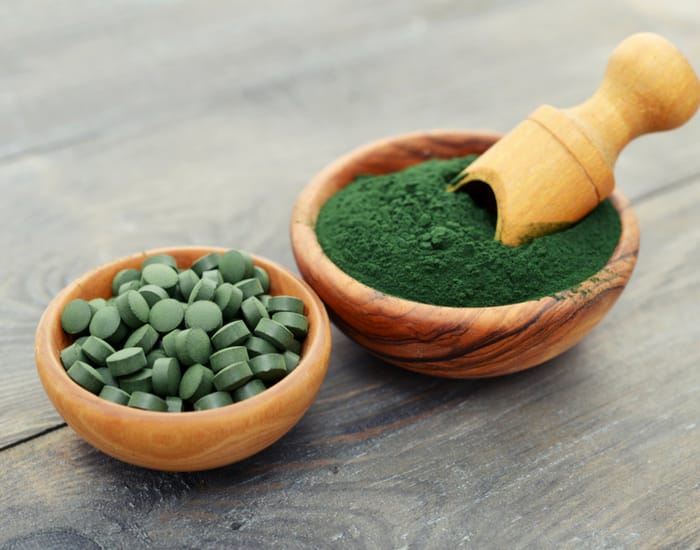
Health benefits of spirulina

11 health benefits of coffee
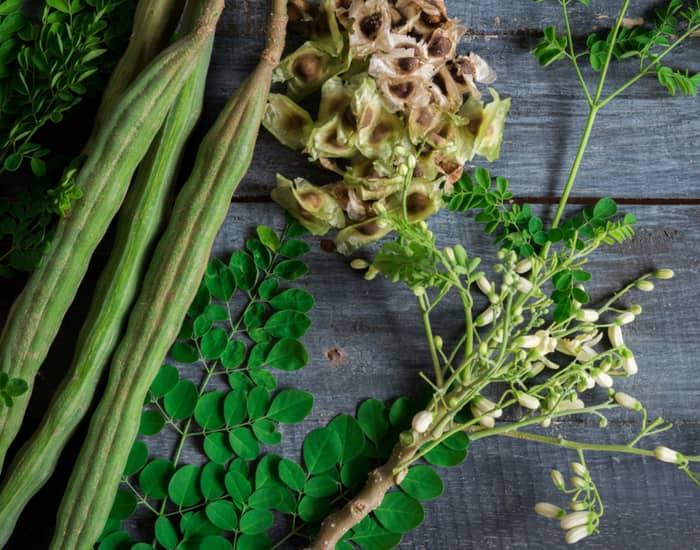
Health benefits of moringa

What is bulletproof coffee?

Is coffee good for you?

Is gin good for you?

White Wine Health Benefits: What You Need To Know
All about your hangover: Advice for students
Power through freshers’ flu: Advice for students
About your sleep: Advice for students
Mental health: Advice for students
Sexual health: Advice for students
Read these articles next

The Atkins Diet: Fat loss or Fiction?
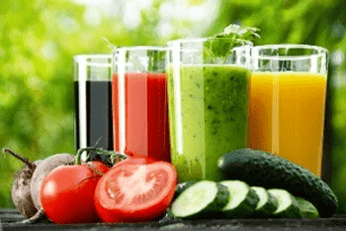
Can a detox diet plan help you lose weight?

Can the Paleo diet help you lose weight?
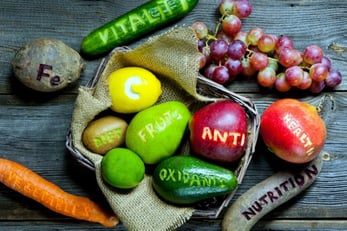
Raw Food Diet - Can it help you lose weight?

Does how often you eat and when you eat affect weight loss?

Mythbusting the 4 Biggest Sports Nutrition Fallacies

Do Multivitamins Work?
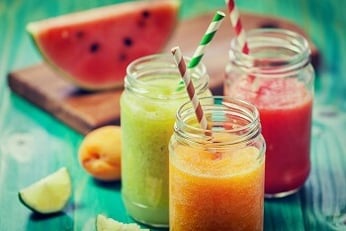
Can a smoothie diet help you lose weight?

Can you digest a megaburger in a single sitting?

Where does the fat ‘go’ when you lose weight?
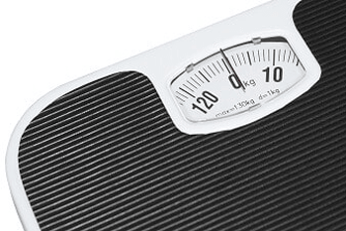
Can Metabolism Be Blamed For Weight Gain?

Gluten-free diets: Why ditching the grain could be a pain

Pregnancy diet: What to eat, what not to eat
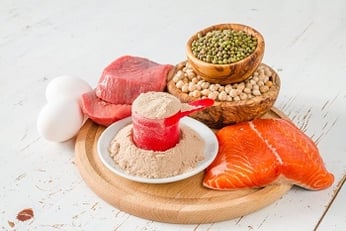
Do protein supplements work?

Can your diet help prolong your life?

New Alcohol Guidelines Explained

5 ways to trick your kids into eating healthily

What Does Spicy Food Do To Your Body?

How Much Water Should You Drink?

Tempting turkey fajitas you can make at home

Will counting calories help with weight loss?

Why fad diets are bullsh*t (and what you should eat instead)

10 food swaps to drastically improve your diet

10 Fruit & Veg To Try This Winter

7 healthy food swaps you'll actually enjoy
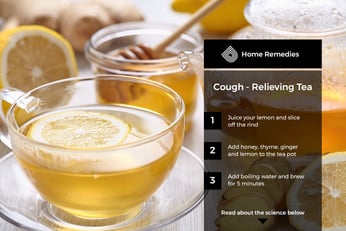
Homemade fruit juice to fight muscle cramps - Home Remedies

How to Make Healthy Chocolate Orange Bites

Is a gluten-free diet healthy?

5 healthy pancake recipes you can make at home

Should you be training in a fasted state?

6 healthy snack recipes to curb your cravings

Is Guinness good for you?

What are the health benefits of Vitamin D?

Delicious detox recipes: Tastes Good, Does Good

4 healthy chocolate recipes to try at Easter

How To Increase Your Metabolism: Quick And Easy Recipes

Metabolism-Boosting Mixed Veg Tabbouleh Recipe

Feeling Light Pineapple Smoothie

Red Wine Health Benefits: What You Need To Know

Healthy Strawberry Cheesecake: Serve Up a Wimbledon Winner

Healthy Meals For Kids: Fruit Crunch Breakfast Bowl

11 benefits of drinking water
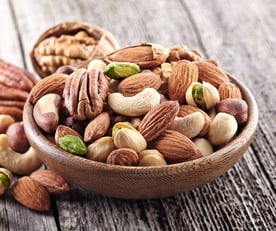
9 Foods That'll Cut Your Cholesterol
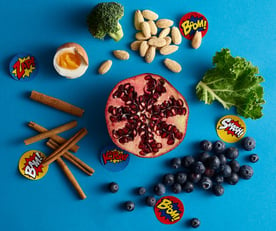
What Are Superfoods? Finally, The Truth.

Healthy Student Recipes: Hearty Sausage Casserole
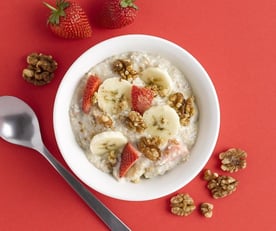
Cholesterol-Busting Recipes: Fruit & Nut Cinnamon Porridge
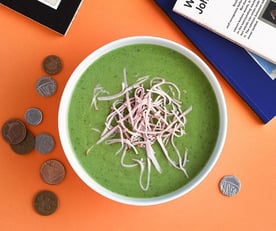
Healthy Student Recipes: Perfect Pea & Ham Soup
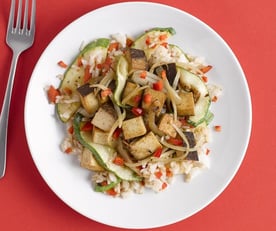
Cholesterol-Busting Recipes: Devilled Tofu With Shallots & Rice

Cholesterol-Busting Recipes: Healthy Sticky Toffee Pudding
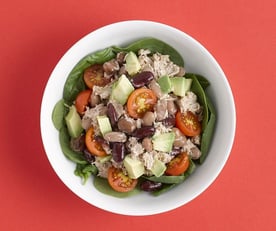
Cholesterol-Busting Recipes: Tuna & Mixed Bean Salad

6 healthy 6-minute student recipes

Is coffee actually good for you? The nation's favourites ranked.

The hidden health benefits of festive food
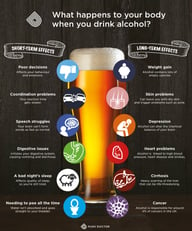
What happens to your body when you drink alcohol?
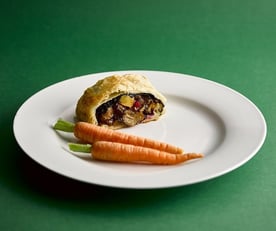
We've found the perfect vegan Christmas dinner

5 natural alternatives to antacids

Why are Brussels sprouts good for you? A nutritionist's definitive guide.

Why are parsnips good for you?
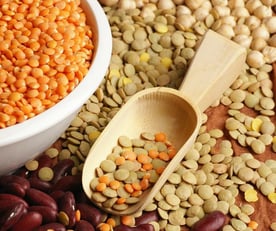
Vegan food swaps to try at home
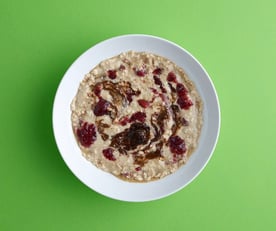
Banana and peanut bowl - Vegan Recipes

Tofu Tagine - Vegan Recipes
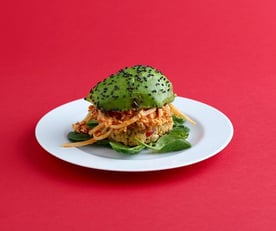
Tasty tofu and papaya burger - Vegan Recipes

Avocado Fudge - Vegan Recipes
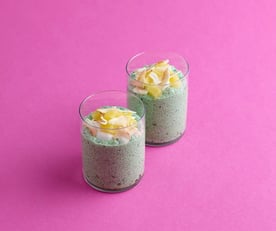
Pina colada chia pudding - Vegan Recipes
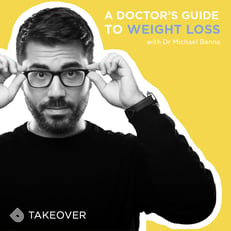
A doctor's guide to weight loss, with Doctor Michael Banna
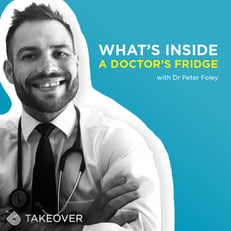
What do doctors eat, with Dr Peter Foley
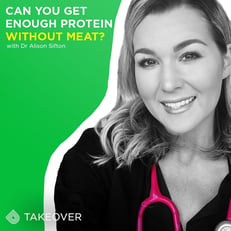
Do you need Meat for Protein with Dr Alison Sifton
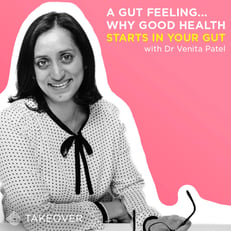
How to get your Gut healthy with Dr Venita Patel
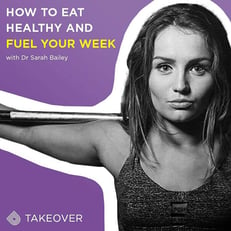
How to Eat Healthy with Dr Sarah Bailey

Why are vitamins and minerals so important for your health?
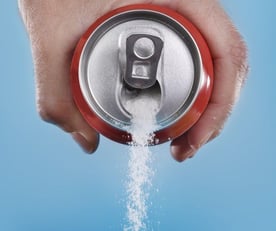
Are artificial sweeteners better for your health than sugar?

Is white chocolate good for you?
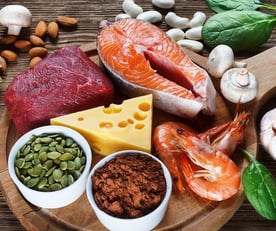
Zinc in sync: Why you need this mineral in your diet

Is dark chocolate good for you?
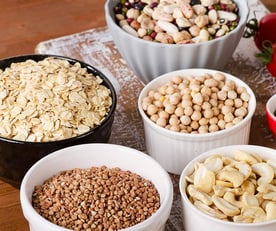
Why you need copper in your diet and how to get it: A doctor's guide
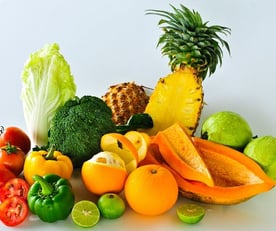
Everything you didn’t know about Vitamin C

Is milk chocolate good for you?
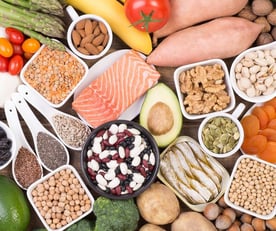
Why potassium needs a place in your diet
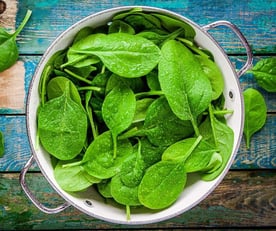
Iron in focus: How much do you need and why is it important?
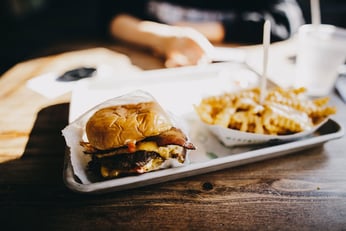
Does cutting out calories help you live longer?
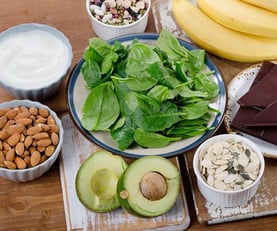
Health benefits of magnesium: How to get this multi-tasking mineral into your diet

Has your child got an iron deficiency?

Are you being 'tricked' into buying unhealthy food?
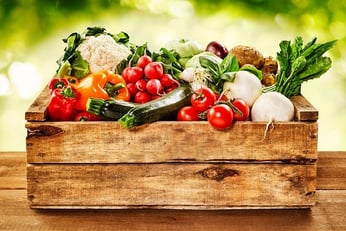
Nutrition is key in preventative health
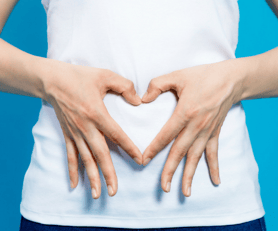
The benefits of gut bacteria: Exploring our second brain
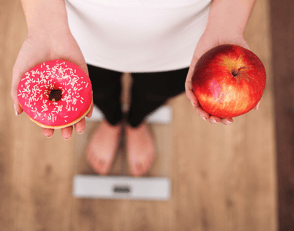
Diets that work - The good, the bad and the science

Is honey good for you?

What is Nutrition? Will's Whiteboard
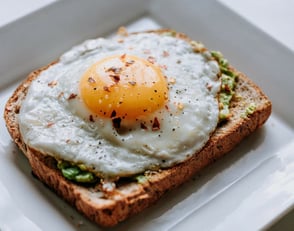
Are eggs good for you?

What is jackfruit?
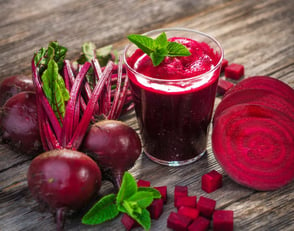
12 health benefits of beetroot
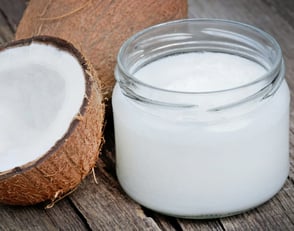
Is coconut oil good for you?

Is whey protein good for you?
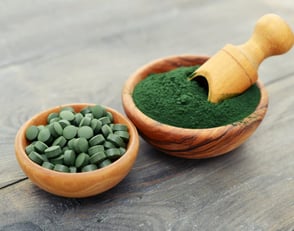
Health benefits of spirulina

11 health benefits of coffee
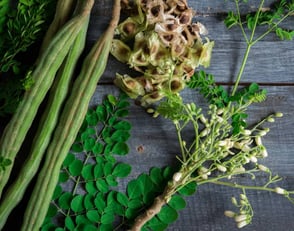
Health benefits of moringa

What is bulletproof coffee?

Is coffee good for you?

Is gin good for you?

White Wine Health Benefits: What You Need To Know
All about your hangover: Advice for students
Power through freshers’ flu: Advice for students
About your sleep: Advice for students
Mental health: Advice for students
Sexual health: Advice for students
Subscribe
Travel inspired storytelling, seeking to showcase the people, trends and topics that inspire us to explore the world.
By clicking "Subscribe," I agree to the PushDr Terms and Conditions and Privacy Policy.
